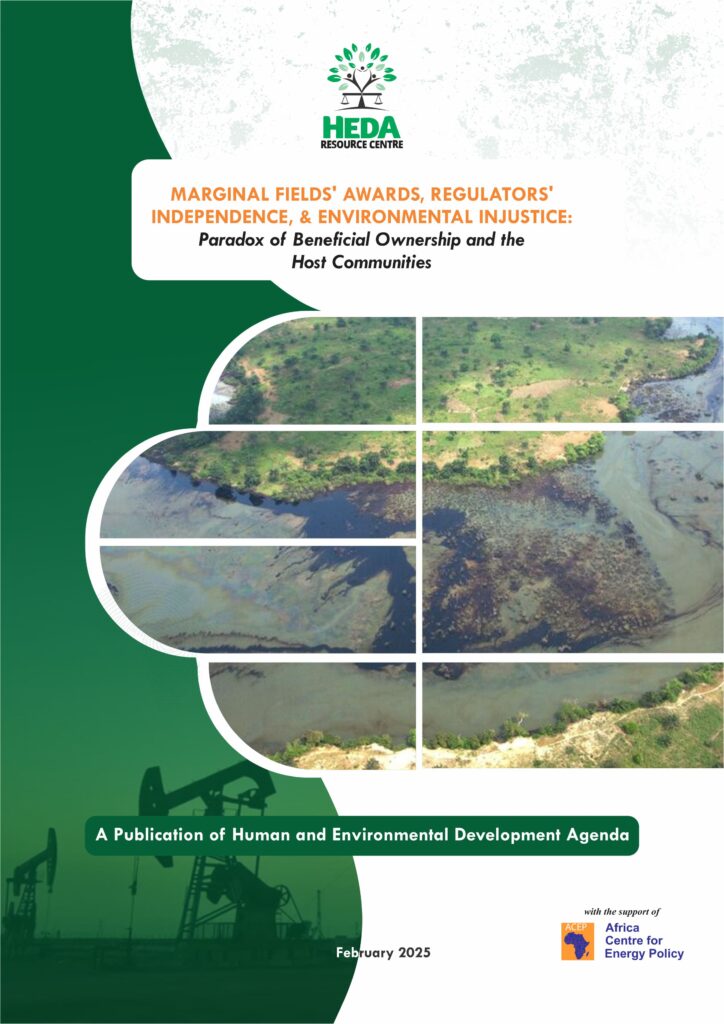
Nigeria has been ranked ranks fifth among countries with the most politically exposed persons involved in real estate money laundering schemes in the United States, according to an American think-tank, Global Financial Integrity which focuses on illicit financial flows, corruption, illicit trade and money laundering in a report tilted: “Acres Of Money Laundering: Why American Real Estate Companies are the Dream of the Kleptocracy.” Mexico leads the world political class that hides its illicit profits abroad, along with Venezuela, Guatemala, and Malaysia.
The report shows an analysis of 125 cases by Global Finance Integrity, which includes Nigerian government officials with an estimate that between 2015 and 2020, at least $2.3 trillion was laundered in the United States real estate sector, including acquisition of personal assets like art, jewelries, and yachts which cost a fortune.
The case of former Nigerian Minister of Petroleum Resources, Diezani Alison-Madueke, and her business associates Kolawole Akanni Aluko and Olajide Omokore acquiring assets in Manhattan, California, and London through profits gained from selling Nigerian crude oil to third party oil trading companies is an example of Nigerians buying the most properties inthe United Statesto launder money, the report cited. According to the report, through this scheme, Madueke and her coconspirators acquired over US$1.5 billion in profits that were then laundered into real estate, yachts, aircrafts and jewelry.
In a 2017 forfeiture complaint, the Department of Justice (DOJ) sought the forfeiture of US$144 million in assets, including two condos in Manhattan, two property in California, property in London and an estimated US$80 million luxury yacht acquired by Aluko in 2012. These numbers did not include the 80 property Madueke had also acquired in Nigeria.
Global Financial Integrity in the report provided five cogent reasons why criminals choose real estate as their preferred money laundering means: “The value of real estate is generally stable and appreciates over time. This allows criminals to accumulate wealth while erasing its nefarious origins; real estate transactions – both commercial and residential – are subject to limited oversight. This makes it easy to hide ownership of these assets while at the same time being able to flaunt in plain sight the evidence of ill-gotten wealth; real estate can be used to turn an initially illicit investment into a legitimate income-generating enterprise through rentals or property development;
“Increased scrutiny over the ownership and use of bank accounts has meant that criminals have to find new ways to hide their money; and by safeguarding wealth in assets where ownership interests are hard to trace, criminals can protect their wealth from asset recovery efforts in their home jurisdiction, whether from legitimate authorities or the next usurper to grab power.” The report concluded that the US government needs to adopt a more robust approach in addressing the issue, including requiring real estate agents to identify the beneficial owner of a residential real estate purchase and making legal professionals the lead reporting entity for identifying money laundering risks in commercial real estate transactions.



